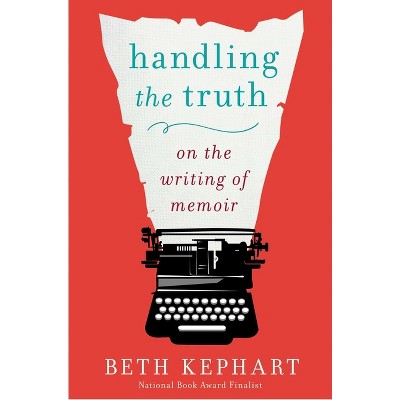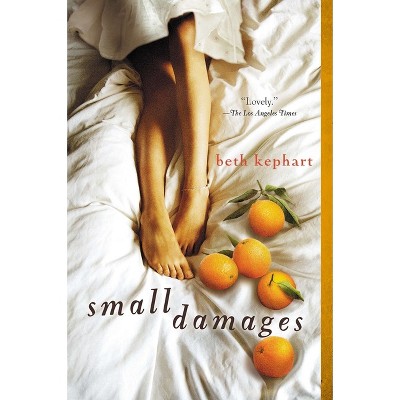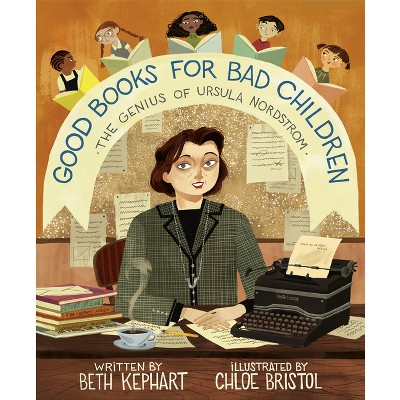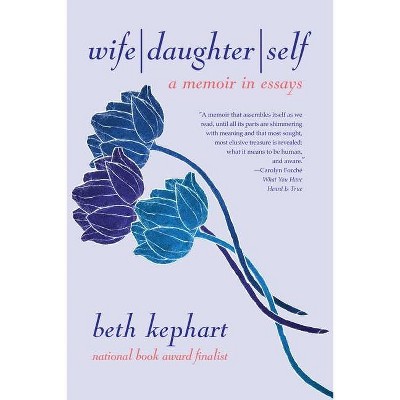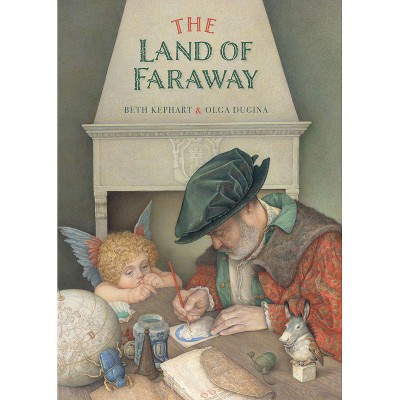Sponsored

Tomorrow Will Bring Sunday's News - by Beth Kephart (Paperback)
In Stock
Sponsored
About this item
Highlights
- Tomorrow Will Bring Sunday's News yields 1918 Philadelphia, a city of war and racism, women's rights and women's work, the ferocious paralysis of a bloody race riot, and a flu that will prove to be more deadly than the war.
- Author(s): Beth Kephart
- 238 Pages
- Fiction + Literature Genres, Historical
Description
About the Book
"Tomorrow Will Bring Sunday's News reveals 1918 Philadelphia, a city of war and racism, women's rights and women's work, the ferocious paralysis of a bloody race riot, and a flu that will prove to be more deadly than the war. It introduces sixteen-year old Peggy Finley, a character inspired by Kephart's own mysterious grandmother. Smart, Peggy has ambitions. In love, she has a future. But when the draft sweeps through the city and ensnares the boy she loves, when her best friend, a German American, is attacked for the crime of being herself, when there is simply not enough to go around, Peggy takes on employment as a doffer at the brand-new Fleisher yarn factory, entering a community of other spirited young women determined to make a difference in a world beyond their control. Ultimately, Tomorrow asks this question: How do the stories we imagine become the truths we won't forget? It offers history as commentary on the world we live in now"--Book Synopsis
Tomorrow Will Bring Sunday's News yields 1918 Philadelphia, a city of war and racism, women's rights and women's work, the ferocious paralysis of a bloody race riot, and a flu that will prove to be more deadly than the war. It introduces sixteen-year-old Peggy Finley, a character inspired by Kephart's own mysterious grandmother. Smart, Peggy has ambitions. In love, she has a future. But when the draft sweeps through the city and ensnares the boy she loves, when her best friend, a German American, is attacked for the crime of being herself, when there is simply not enough to go around, Peggy takes on employment as a doffer at the brand-new Fleisher yarn factory, entering a community of other spirited young women determined to make a difference in a world beyond their control.
Ultimately, Tomorrow asks this question: How do the stories we imagine become the truths we won't forget? It offers history as commentary on the world we live in now.
Review Quotes
Booklist Starred Review
Now in her late sixties, Peggy D'Imperio, née Finley, lies dying alone, her husband providing only minimal care, her lonely, pain-infused days buoyed by visits from her nine-year-old granddaughter, to whom she wants to tell the story of her life. But the girl comes infrequently, and Peggy has her memories to herself. Memories of being the youngest girl in a large Irish family from Philadelphia in the early twentieth century, of her preserving parents and diligent siblings, and roaming conversations with her across-the-alley friend, Lani. But mostly her recollections are of an unnamed boy, her first love, who was sent off to WWI and never returned. There are memories, too, of the hard factory work that rook her father's life and the Spanish flu that took others. Kephart distills the precarious nature of life bracketed by the dual tragedies of that era with palpable humanity, aching depth, and timeless understanding. In this, her first novel for adults, Kephart, a prolific essayist, amorist, ad young-adult novels, mines the stories of her own grandmother's life to bring an intimacy and immediacy to Peggy's poignant tale, her prose's lilting cadence echoing the sound of a heart breaking anew.
-- Carol Haggas
Shipping details
Return details
Trending Literary Fiction






